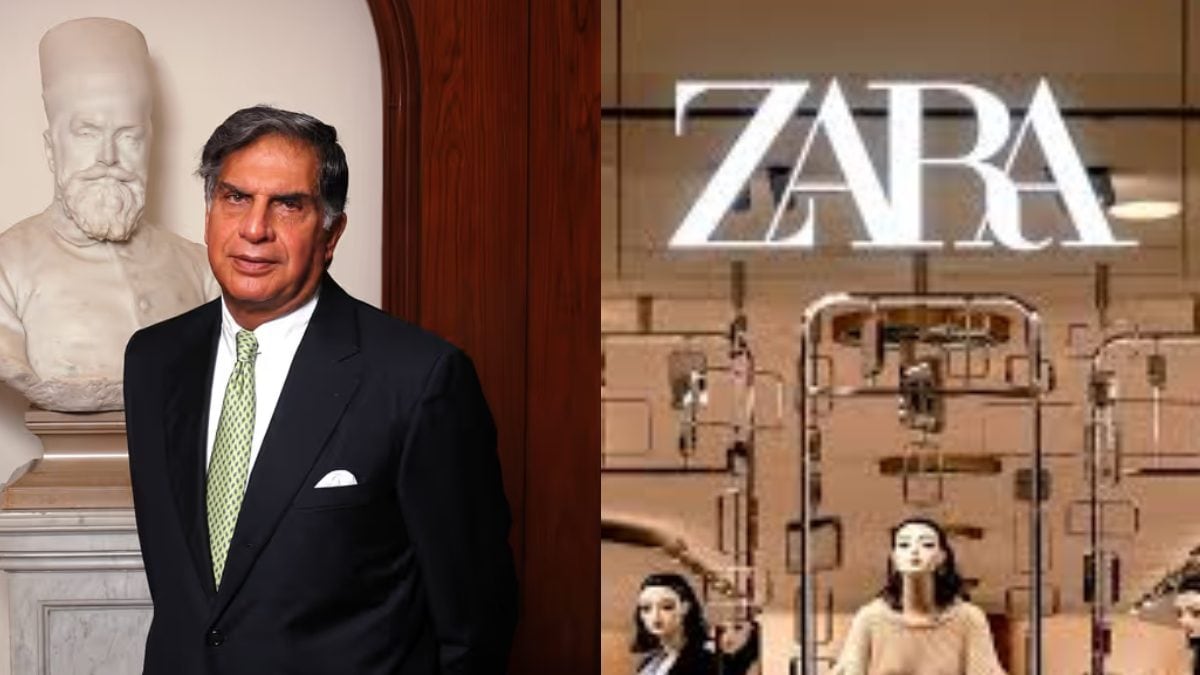Ratan Tata’s influence extended beyond heavy industry and into the realm of fashion and retail. His forward-thinking approach recognized the evolving tastes of India’s growing middle class and sparked a revolution in the Indian fashion landscape. This impact is most evident in his role in introducing Zara to India, a move that forever changed the country’s retail experience and how Indians perceived fashion.
Zara’s Arrival: A Paradigm Shift in Indian Retail
Before 2010, India’s retail landscape was significantly different. The arrival of Zara, the Spanish fast-fashion giant, marked a turning point. Ratan Tata, seeing the potential of this global trend, understood the appeal of Zara’s unique approach to fashion – affordability, trendiness, and rapid turnover of styles – to India’s burgeoning consumer market. He recognized the need to cater to a growing demand for modern, globally-inspired fashion that was accessible to everyday consumers.
A Vision of Global Style
Zara wasn’t just about clothing; it was about a shift in perception. The brand’s arrival introduced a fresh concept of “fast fashion” to India. It brought runway trends to the Indian market quickly and affordably, giving Indian consumers access to global style within weeks of its debut on the catwalks. This strategy proved hugely successful, attracting consumers seeking both value and trendy designs.
Tata’s Impact on Indian Retail
Ratan Tata’s influence extended beyond merely facilitating Zara’s entry into the Indian market. He provided strategic support through his company, Tata Group. Collaborating with Inditex, Zara’s parent company, Tata Group played a key role in Zara’s successful launch and integration into the Indian retail environment.
Zara’s Success in India: A Testament to Ratan Tata’s Vision
Zara’s arrival in India in 2010 triggered a retail revolution. The brand established itself as a leader in fast fashion, catering to the Indian customer’s desire for stylish and affordable clothing. Its success can be attributed to several factors:
Strategic Store Placement
Zara strategically placed its stores in prime locations across major Indian cities. This ensured high visibility and convenient access for consumers, especially those residing in metropolitan areas with a growing appetite for global fashion.
Meeting Consumer Demands
Zara successfully met the demands of the Indian consumer. It offered a variety of stylish and affordable clothing options, ensuring a diverse selection to appeal to a wide range of tastes and budgets. The brand’s commitment to quality and timely trends also resonated with the Indian consumer, who valued the blend of style, speed, and value.
Beyond Zara: A Legacy of Innovation
Ratan Tata’s vision didn’t end with Zara. His impact extended to influencing the Indian fashion industry as a whole. Local retailers and brands were inspired by Zara’s success, adopting elements of its model to stay relevant and meet the growing demand for trendy and affordable fashion.
Inspiring a Generation
Ratan Tata’s influence has been crucial in shaping India’s fashion landscape. He not only made room for global giants like Zara but also encouraged the growth and evolution of local brands, ultimately propelling India into the international fashion spotlight. His visionary approach continues to inspire a new generation of Indian entrepreneurs to challenge conventional thinking and embrace innovation in their respective fields.
Ratan Tata’s Legacy: A Visionary Leader for Modern India
Ratan Tata’s legacy extends far beyond his influence in the retail and fashion world. He left a mark on Indian society, promoting economic growth and development. He championed innovation and understood the changing dynamics of global trends, particularly those influencing the Indian consumer. Ratan Tata’s vision not only changed the retail landscape but also helped redefine how Indian consumers viewed fashion. He brought global style to India and made it accessible to all, fostering a new generation of style-conscious consumers.
Takeaway Points:
- Ratan Tata’s impact on Indian fashion went beyond bringing Zara to India. He introduced a concept of “fast fashion” that resonated with the country’s evolving retail landscape.
- His vision inspired local brands to innovate and adapt to meet the demands of a globalized consumer market.
- Tata’s contributions to the Indian retail landscape laid the groundwork for a thriving fashion industry.
- His impact extends beyond the realm of fashion and continues to inspire generations of entrepreneurs and industry leaders.




